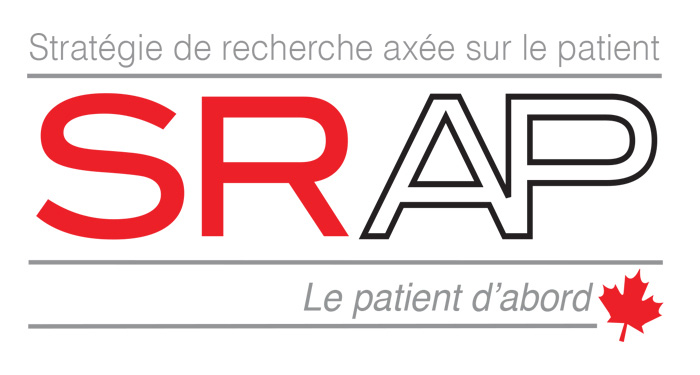This essay is part of a series of reflections on primary care during the pandemic presented by Réseau-1 Québec. The original essay published in French on April 27, 2020 is available here. The essay was also reproduced in l’Actualité on May 29, 2020.
The COVID-19 crisis has reminded the general public of the relevance of public health and shown that, from the government’s perspective, the hospital remains the central institution of the health and social services system. The focus on hospitals and intensive care services at the beginning of the pandemic has unfortunately delayed preparedness in other sectors, which partly explains the profound crisis currently ravaging long-term care hospitals (CHSLDs) and, to a lesser extent for now, home care services. What does this portend for primary care services in the aftermath of the pandemic?
A strong primary care system (medical clinics, community groups, emergency departments, Info-santé, etc.) has and will continue to respond quickly to the ongoing needs of the population before, during, and after the pandemic, just as it is responding to the ongoing needs of the majority of people affected by COVID-19.
The smoke and mirrors of media reports exposed the confusion in public opinion regarding primary care or front-line services. Microbiologists and other respirologists have been called the front line, while the actual front line has not received as much attention, except for public information lines (811), ad hoc screening clinics, and emergency departments. It goes without saying that hospitals, specialists, and emergency physicians are among the most vital players in such a context. There is no question of minimizing their importance. It is equally obvious that the primary care system is not set up to receive a mass of contagious or potentially contagious people. Still, to be effective, public health, the 811 service, screening clinics, and emergency departments depend on primary care, primary medical care in particular, which plays a crucial role. The overall effectiveness of the health and social services system in general, and the fight against COVID in particular, depends on it. Thus, the imperative of adapting and enhancing the front line’s capacity to meet the challenges of the next phase of endemicity is key to a sustainable strategy against COVID-19.
Public policies relating to emergency or pandemic measures should be reviewed to better foresee what conditions will ensure that primary care remains central, so it can continue to play an indispensable role in caring for the most vulnerable clienteles, in terms of not only physical and mental health, but also social issues. A number of conditions are required for primary care to play this role fully.
In a pandemic, and then an endemic context, i.e., after a gradual return to normal life but with SARS-COV-2 still present, these include:
- Making protective equipment and other resources needed for primary care management of the illness available in sufficient quantities, at all stages of the pandemic.
- Continuing to act on both the chronic conditions that were present prior to COVID-19 and their psychosocial effects on patients.
- Maintaining continuity of care for the entire population.
- Anticipating and managing the significant reverberations that will affect, over a long period of time, those clienteles whose follow-up has been delayed or altered.
- Ensuring that decision-making units during the crisis include expert primary care and chronic disease counsellors at all levels.
- Providing specialist and managerial support for front-line clinicians’ decisions when necessary.
- Developing and supporting a good-quality, sustainable teleconsultation strategy.
- Planning the contributions of all community resources.
To support the hospital’s essential, acute care role in the context of a pandemic, it is imperative to continue developing a health and social services system in which primary care ensures access to and continuity of services for the most vulnerable people in times of crisis, whether in the community, at home, or in medical clinics. Primary care must remain a public priority; even more so in these difficult pandemic times.
Yves Couturier, Scientific Director, Réseau-1 Québec
Catherine Hudon, Associate Scientific Director, Réseau-1 Québec







